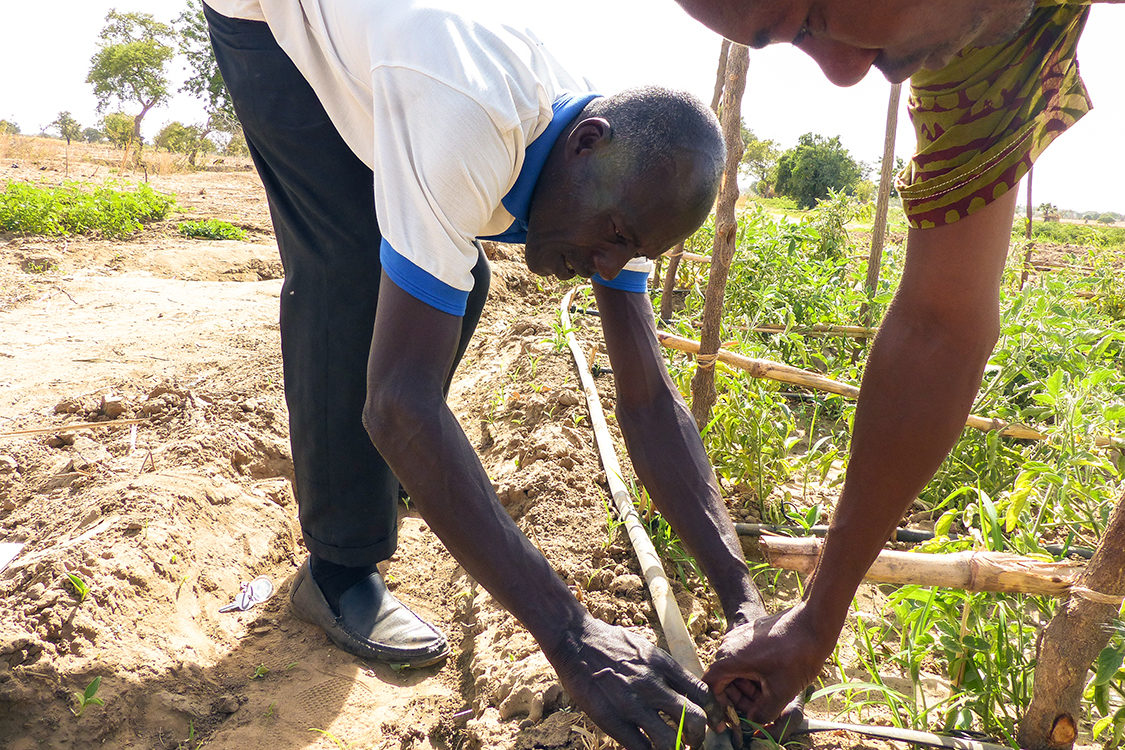Farm Business Advisors: a bridge between farmers and the private sector

Market Approaches
The FBA model has received global recognition and awards and has become an example of how these men and women are instrumental to farmer success by providing a valuable and necessary service.
iDE’s 34 years of experience supporting farmers’ production and livelihood has made clear that farmers working individually in developing contexts lack strong access to markets and private sector actors. Input suppliers and buyers do not see financial value in engaging with individual farmers. As a result, farmers do not gain access to information or advisory services regarding the proper use and purchase of inputs, and the sales of outputs.
Whether working through a social enterprise or market facilitation model, iDE believes in working to align the incentives of market actors to benefit the poor. In that spirit, iDE established the Farm Business Advisor (FBA) model through which an entrepreneurial farmer receives training from iDE to eventually serve as a bridge between a group of neighboring farmers and private sector actors.
Recruited from the communities where they work, FBAs interact with neighboring small-scale farmers and help them to deal with the same challenges and issues that the FBAs face on their own plots. As a group, farmers have a stronger voice and input suppliers and buyers have a greater financial incentive to engage with them.
The FBAs work to provide advisory services about seeds and technology to farmers and also create business plans for the season by matching buyer demand with farm capacity and input opportunities. Input suppliers benefit from having a sales agent marketing and selling their products in bulk, and buyers benefit from receiving aggregate produce. Farmers gain from having strong relationships with buyers and input suppliers and are supported through greater access to information and technical know-how. All of these benefits contribute to the increased production of quality products and greater livelihood for farmers.
FBAs also need to receive some benefit to ensure the model is sustainable. In a market facilitation model, FBAs are incentivized through commissions for every input purchase and output sale. In a social enterprise model, trained FBAs receive a salary for their services and may earn incentives based on sales achieved.
The FBA model has received global recognition and awards, becoming an example of how the middle men (and women) are not inherently an obstruction to farmer success if they are providing a valuable and necessary service.
Awards
FBA Award
World Bank
iDE's Farm Business Advisor model won the World Bank Development Marketplace Award.
FBA Award
Nestlé
iDE won the first Nestlé Prize in Creating Shared Value Award.
FBA Award
Harvard Business School
iDE's Farm Business Advisor model was featured by the Harvard Business School.
Study
United Nations Development Program
iDE's Farm Business Advisor model was included in the United Nations Development Program study as demonstrating sustainability.

